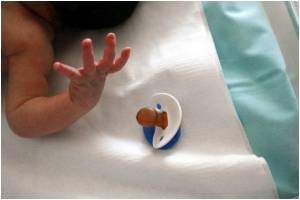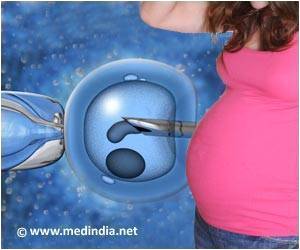When it comes to treating infants with neonatal abstinence syndrome (NAS), researchers believe the care for these infants should be consistent and objective, with standardized assessment tools and evidence to back up pharmacologic and nonpharmacologic treatment choices.

NAS is a collection of signs and symptoms infants can develop after birth following exposure to drugs in utero. These can include gastrointestinal, respiratory, autonomic and central nervous system disturbances from opioid withdrawal that affect critical regulatory areas after birth. According to a recent study in JAMA, the incidence of infants with NAS has increased over the past 10 years.
The initial development of the NAS assessment using a type of scoring system began in the 1970s and was considered a turning point in the care of infants with opioid exposure since pediatricians recognized the need for a consistent way of assessing exposure. The "Finnegan Score" (FS) was developed and is still widely used by observers seeking common signs of opioid withdrawal. Above a certain threshold, infants are started on pharmacologic therapies. However, since initial inception, the FS has been modified and used differently across institutions.
"We found that the data are limited to guide physician assessment and management of these infants and said lead author Sarah Bagley, MD, an addiction medicine fellow at BUSM and a physician in General Internal Medicine at Boston Medical Center.
The authors also highlight that nonpharmacologic interventions, including breastfeeding, may decrease the severity of NAS symptoms.
"We need more research in order to develop consistent criteria for physicians that will guide them in their treatment decisions, which can include medication and nonpharmacologic interventions," added Bagley.
Advertisement









